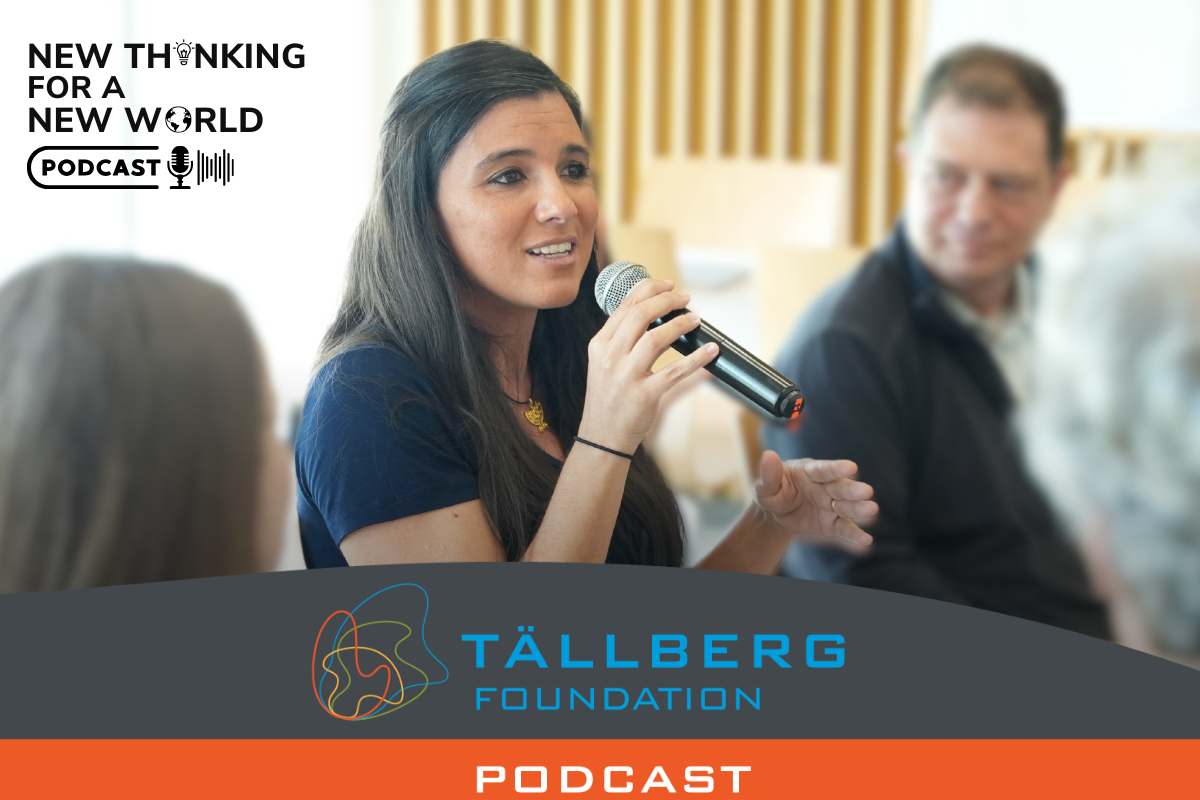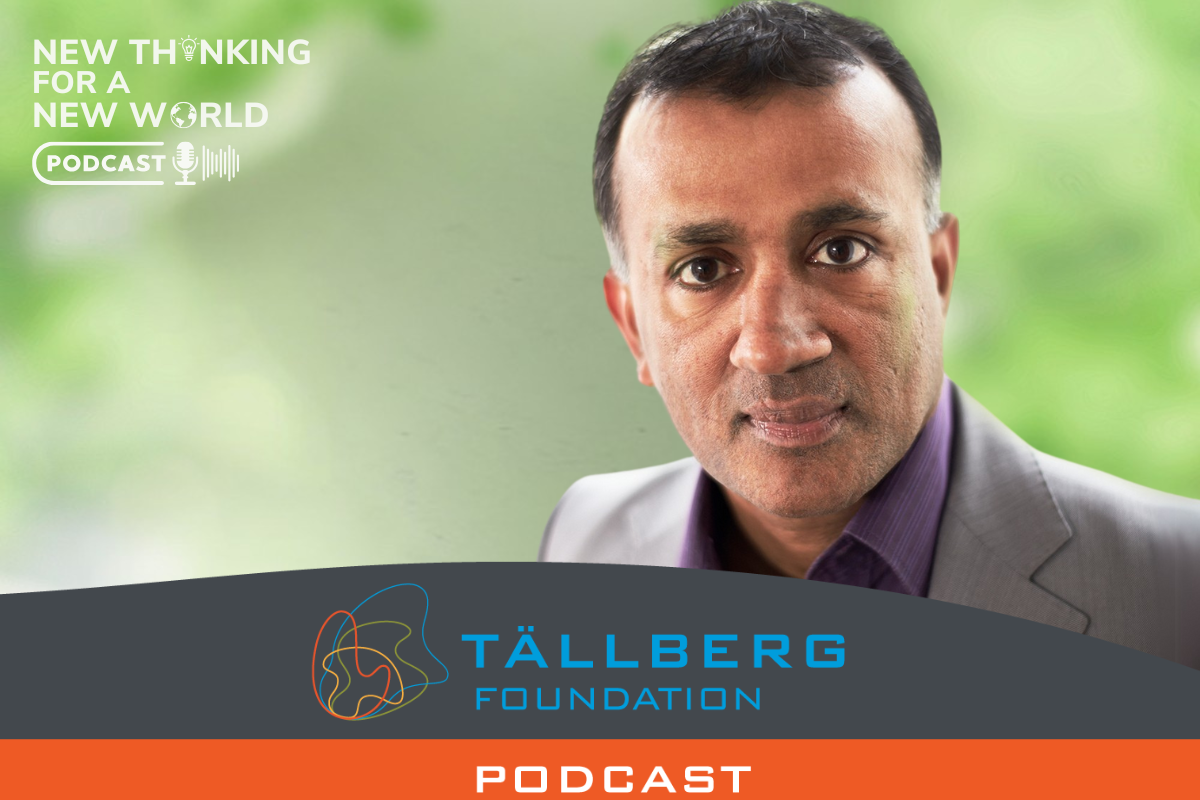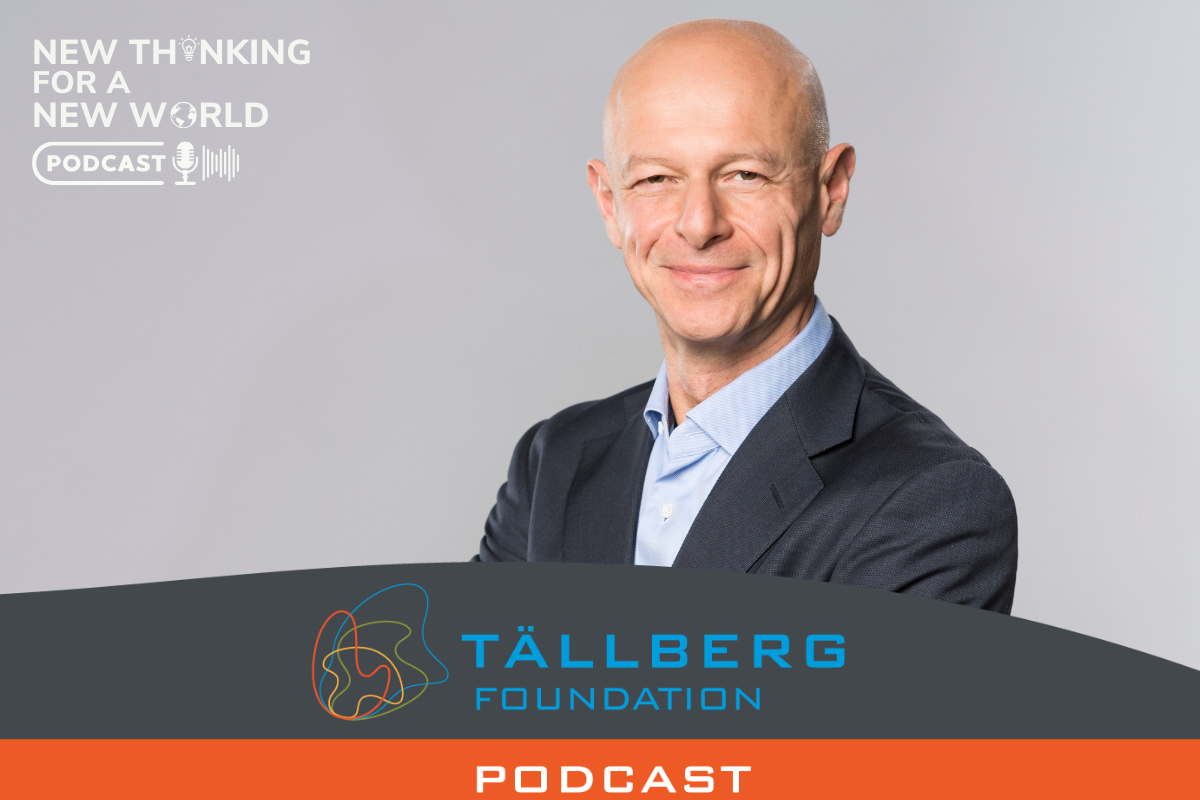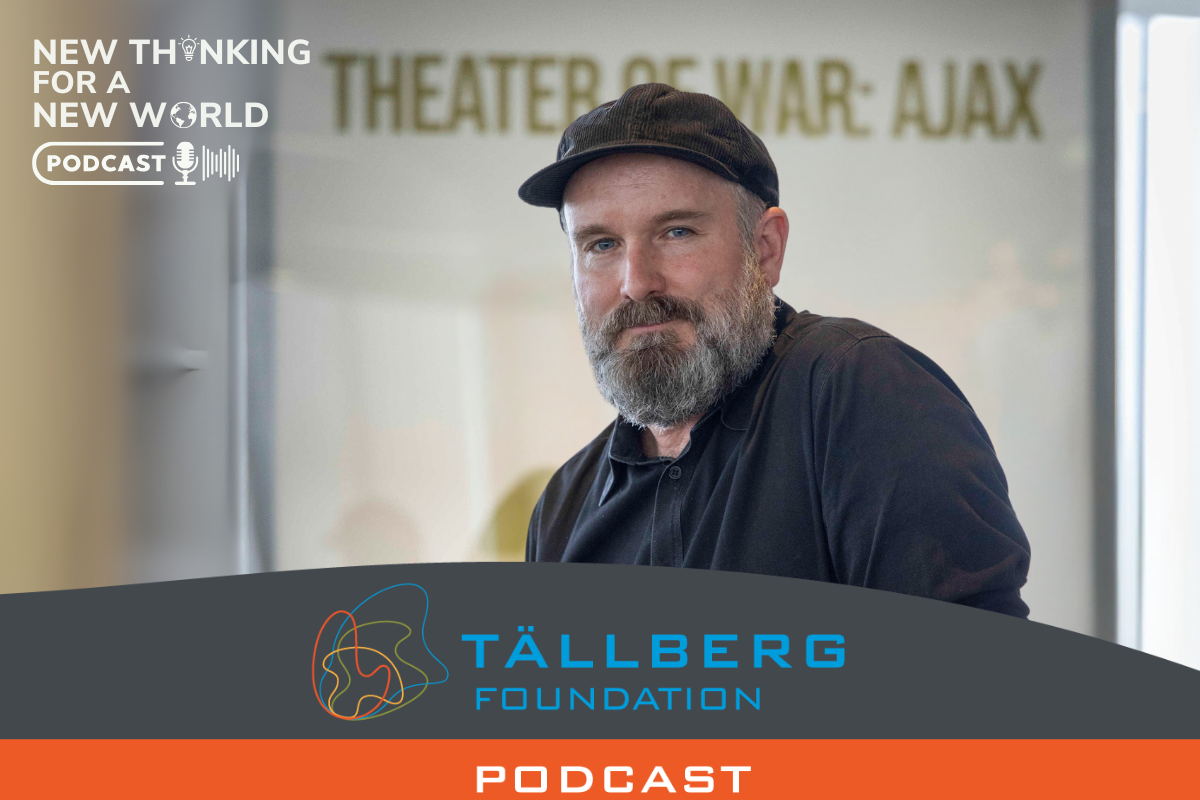Russia’s invasion of Ukraine seems likely to be one of those seminal events that will divide our future histories: BI and AI. That’s obviously true for the combatants, but for many others as well.
Consider the small country of Georgia, with less than 4 million people, located at the eastern end of the Black Sea, and sharing an almost 900-kilometer border with Russia. Like Ukraine, it is another part of the former Soviet Union as well as a country that Russia wants to control again. But, liberated by the collapse of the Soviet Union, a significant majority of the Georgian people have demonstrated a strong desire to escape their history and geography and to pursue a future integrated into Europe. Unfortunately for them, neither Putin’s Russia—which several years ago seized and still holds 20% of Georgian territory—nor the governing political party, Georgian Dream, share that aspiration.
What happens next? Another hotspot that could lead to another war? Or a country that has the chance to lever Western support for Ukraine to secure its own future as a Western democracy?
Nino Evgenidze, executive director of the Economic Policy Research Center in Tbilisi, Georgia has strong views on what should happen and what the West should do. LISTEN to her discussion with New Thinking for a New World host Alan Stoga and tell us whether you agree that Europe and the United States ought to use sanctions and other tools to make Georgia safe for democracy by commenting below.
Listen to the episode here or find the New Thinking for a New World podcast on a platform of your choice (Apple podcast, Spotify, Stitcher, Google podcast, Youtube, etc).
Nino Evgenidze serves as an Executive Director at the Economic Policy Research Center (EPRC). She is a co-founder of the Tbilisi International Conference together with the McCain Institute and the Bush Institute and the Leadership Academy for Development with the Stanford University Center for Democracy, Development and Rule of Law. Nino is also a co-founder of the Fukuyama Democracy Frontline Center and Co-publisher of the famous US Magazine “American Purpose” Georgian edition.
Nino was a visiting scholar at John Hopkins University at the Paul H. Nitze School of Advanced International Studies (SAIS), and a Stanford University Fellow in the CDDRL Program. She has a Master Degree in Economics from the London School of Economics (LSE). Nino is a Ph.D. in Literature from Tbilisi State University. She also holds MBA from Maastricht University and Master Degree in Public Policy Management from Vienna University.
She worked as an anchor for a daily morning economic show at Radio Free Europe – Radio Liberty (RFE/RL). Nino has extensive experience both working in governmental and non-governmental sectors – she was an advisor at the Center for Economic Reforms of the State Chancellery of Georgia (President Administration), Head of the Public Outreach Department of the Anti-corruption Policy Coordination Council of Georgia. Nino is a Chairwoman of the board of First Child Hospice in Georgia.




Europe Politics according to Direct Benefits & Borders Hazards
1. The main driver of democracy is economic prosperity
Vice versa
The worse the economic situation, the greater the authority and authoritarian regime over the people
2. The countries of the former Soviet Union did not get what they expected to secede from the Soviet Union
Economic failure is a major reason for the return of countries to previous regimes
3. Europe not give Eastern European countries its economic Upgrading
In order to be able to replace the policies of the Soviet Union to the culture shift
4. The policy of double standards and delaying reactions
According to the direct benefits only
A failed policy causes greater repercussions
The history of the crisis of Georgia then to the Crimea peninsula in Ukraine and then to the war in Ukraine
Because of not dealing with the Georgian crisis, like Ukraine (that is borders Europe)
Nor did Europe deal seriously at the beginning of the Ukraine crisis
Because of the absence of interest and the perception that there is no direct danger and threat to Europe
5. Punishments are only a guarantee tool.
to activate the policy of solution already applied
In order not to become the tool of suppression only! .. In absence of a solution policy!
( And that Be resisted and circumvented!)
Sanctions are not suitable as a stand-alone solution